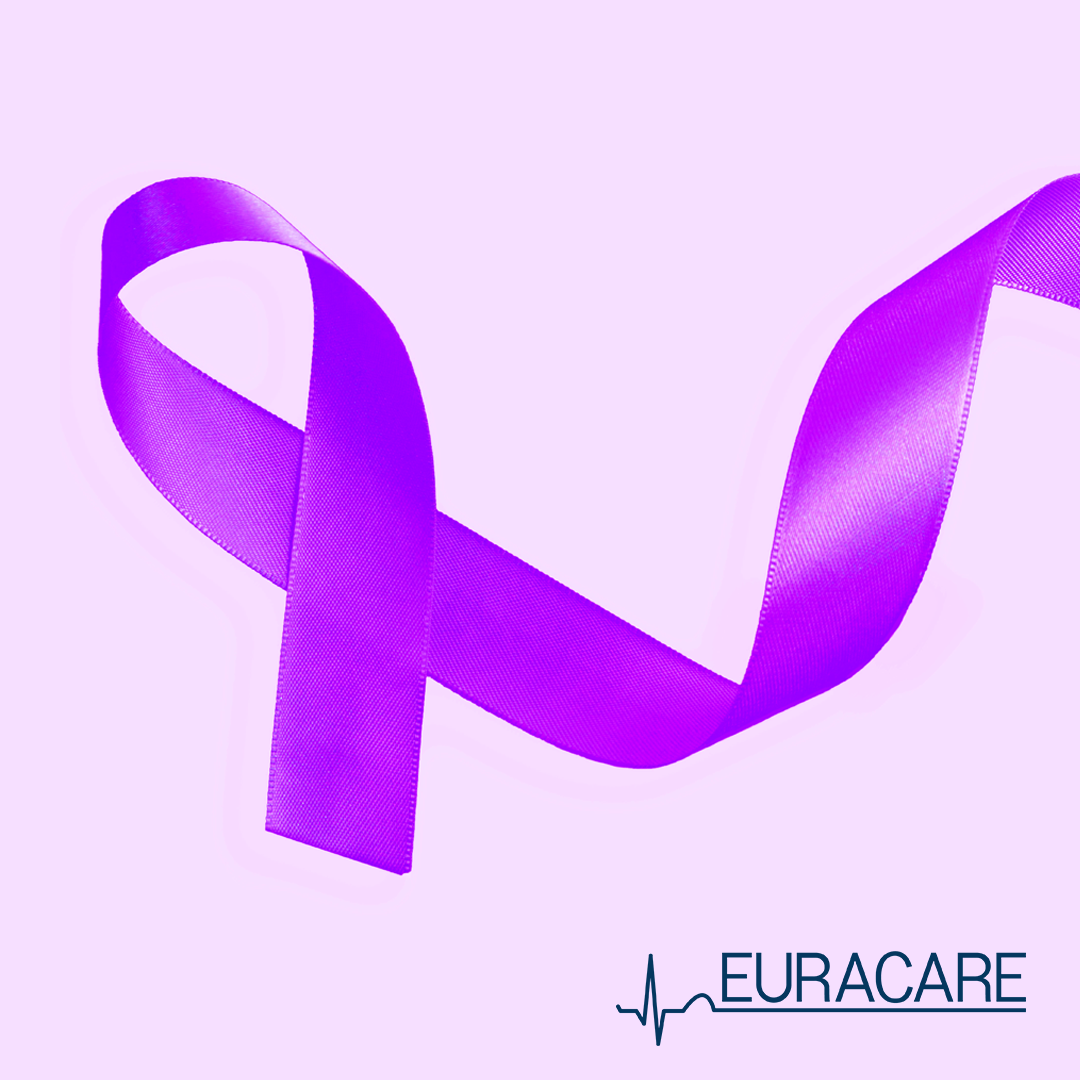
National Cancer Survivors Day is dedicated to commemorating and honouring those who are living with a history of cancer. We celebrate their strength, courage and willpower to beat an illness that accounted for nearly 10 million deaths in 2020.
What is cancer?
Our bodies are made up of cells, the basic building blocks of all living organisms. These cells provide structure, absorb nutrients from food, create energy and carry out various functions to ensure we stay alive. Cancer develops when genetic changes interfere with the development of new cells and they start to grow uncontrollably, creating a tumour.
Not all tumours are cancerous, non-cancerous tumours are called benign. When a tumour is benign it means that it can grow, but does not have the capacity to spread to other parts of the body. Cancers that do not form tumours include leukemias, majority of lymphoma and myeloma.
How to diagnose cancer?
The chances of recovery increases when cancer is detected and treated early. Early detection can be achieved through a combination of methods which include, oncology diagnosis, screening and blood tests. Your medical history will be assessed and a biopsy will be done should your medical professional find that they are unable to confirm or disprove the screening test results.
Individuals with a family history of cancer should consider getting genetic testing done. These tests identify your chances based on hereditary risk factors and health conditions.
Common symptoms of cancer
- Symptoms will vary depending on the type of cancer and part of the body that is affected. These are some of the more common ones associated with cancer.
- Unusual lump, growth or skin thickening
- Changes in skin texture and colour such as darkening, yellow discolouration or redness of the skin, existing moles that increase in size, sores that won’t heal.
- Weight loss or gain of 5kg or more for no known reason.
- Persistent fever or night sweats, without any sickly feeling.
- Mouth sores, bleeding, pain, or numbness
Our specialists collaborate to create a patient’s overall treatment plan that combines different types of multi-disciplinary treatments. We provide advanced surgical oncology services and cancer treatments utilising cutting-edge interventional radiology modalities, which can also be used to manage metastatic disease such as breast, colon, rectum, gallbladder, pancreas, lung, oesophagus and stomach, as well as melanoma and sarcoma.
If you’re presenting these symptoms or would like to do a preventative screening, visit https://euracarehealth.com/appointment/ to book an appointment.
Home page

